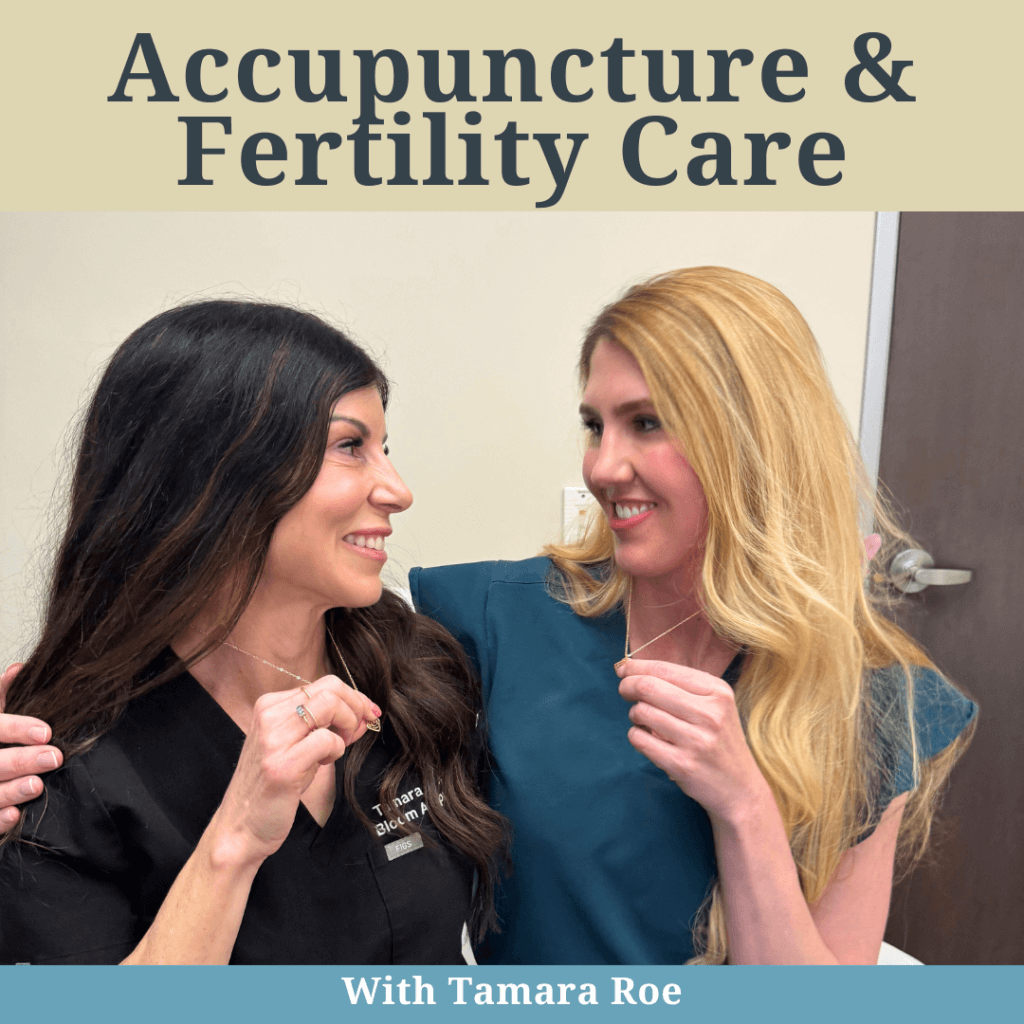
Written by: Tamara Roe, L.Ac., MSTOM, FABORM
In my two decades of practicing acupuncture, I’ve witnessed a significant shift in Western medicine’s acknowledgment of acupuncture as a valuable adjunct therapy, particularly in the field of reproductive endocrinology and fertility. While science is still unraveling the exact mechanisms behind acupuncture’s impact on fertility, research indicates its potential role in regulating both the sympathetic nervous system (SNS) and the hypothalamic-pituitary-adrenal (HPA) axis, thus bolstering reproductive health and supporting fertility.
1. Modulation of the Sympathetic Nervous System (SNS):
Acupuncture has demonstrated an ability to influence the autonomic nervous system, including the SNS, pivotal in the body’s stress response. Studies reveal acupuncture’s capacity to dial down sympathetic activity while boosting parasympathetic function, inducing a relaxed state that counteracts the adverse effects of chronic stress. By reinstating equilibrium within the autonomic nervous system, acupuncture may mitigate stress-related factors that hamper fertility.
2. Regulation of the Hypothalamic-Pituitary-Adrenal (HPA) Axis:
Moreover, acupuncture appears to modulate the HPA axis, the body’s chief stress response system tasked with regulating cortisol levels. Research suggests acupuncture’s potential in lowering cortisol levels and tempering the body’s stress response, thus blunting the detrimental effects of chronic stress on reproductive function. By recalibrating HPA axis activity, acupuncture may help regulate menstrual cycles, foster ovulation, and bolster sperm quality—integral facets of fertility.
3. Enhancement of Blood Flow and Hormonal Regulation:
Acupuncture is believed to influence blood circulation to reproductive organs like the ovaries and uterus by prompting the release of vasodilators and fostering microcirculation. This heightened blood flow can optimize ovarian function, bolster follicular development, and enhance uterine receptivity—essential for natural conception and the success of assisted reproductive technologies like in vitro fertilization (IVF). Additionally, acupuncture may fine-tune the secretion of reproductive hormones crucial for follicular growth, ovulation, and embryo implantation.
4. Reduction of Inflammation and Immune Modulation:
Through its anti-inflammatory and immunomodulatory properties, acupuncture may offer relief to individuals grappling with infertility linked to immune dysfunction or inflammation. By quelling systemic inflammation and modulating immune responses, acupuncture could foster a more hospitable environment for conception and implantation, particularly in cases of immune-related infertility or recurrent pregnancy loss.
5. Psychological Benefits and Stress Reduction:
Besides its physiological effects, acupuncture extends psychological benefits such as stress reduction, relaxation, and improved emotional well-being. We know that trying to conceive and experiencing infertility and pregnancy loss are associated with significant stress and oftentimes anxiety and depression. Acupuncture can help transform stress, anxiety, and depression into peace and resilience through regulating the nervous system, which can help patients continue with fertility treatments important to their success.
In recent years, acupuncture has emerged as a viable treatment for patients seeking to optimize their reproductive health and increase their chances of conception, either naturally or in conjunction with western fertility treatments like IUI and IVF. While ongoing research seeks to uncover acupuncture’s precise mechanisms on fertility, its role in comprehensive fertility care—addressing both physiological and psychological dimensions of infertility—remains invaluable.
About Tamara Roe
Tamara Roe, L.Ac, MSTOM, FABORM, has been successfully treating fertility patients since 2004 and has helped thousands of women conceive in her 20 years of practice. She is a California Board Licensed Acupuncturist, and she holds a Master of Science in Traditional Oriental Medicine from Pacific College of Oriental Medicine and is a Fellow of the American Board of Oriental Reproductive Medicine (FABORM), an international organization setting the standards in acupuncture and integrative reproductive medicine. She is the founder of Bloom Acupuncture & Fertility in San Diego.
Our skilled fertility specialists are here to help. Contact us today and let’s discuss the next phase of your fertility journey.